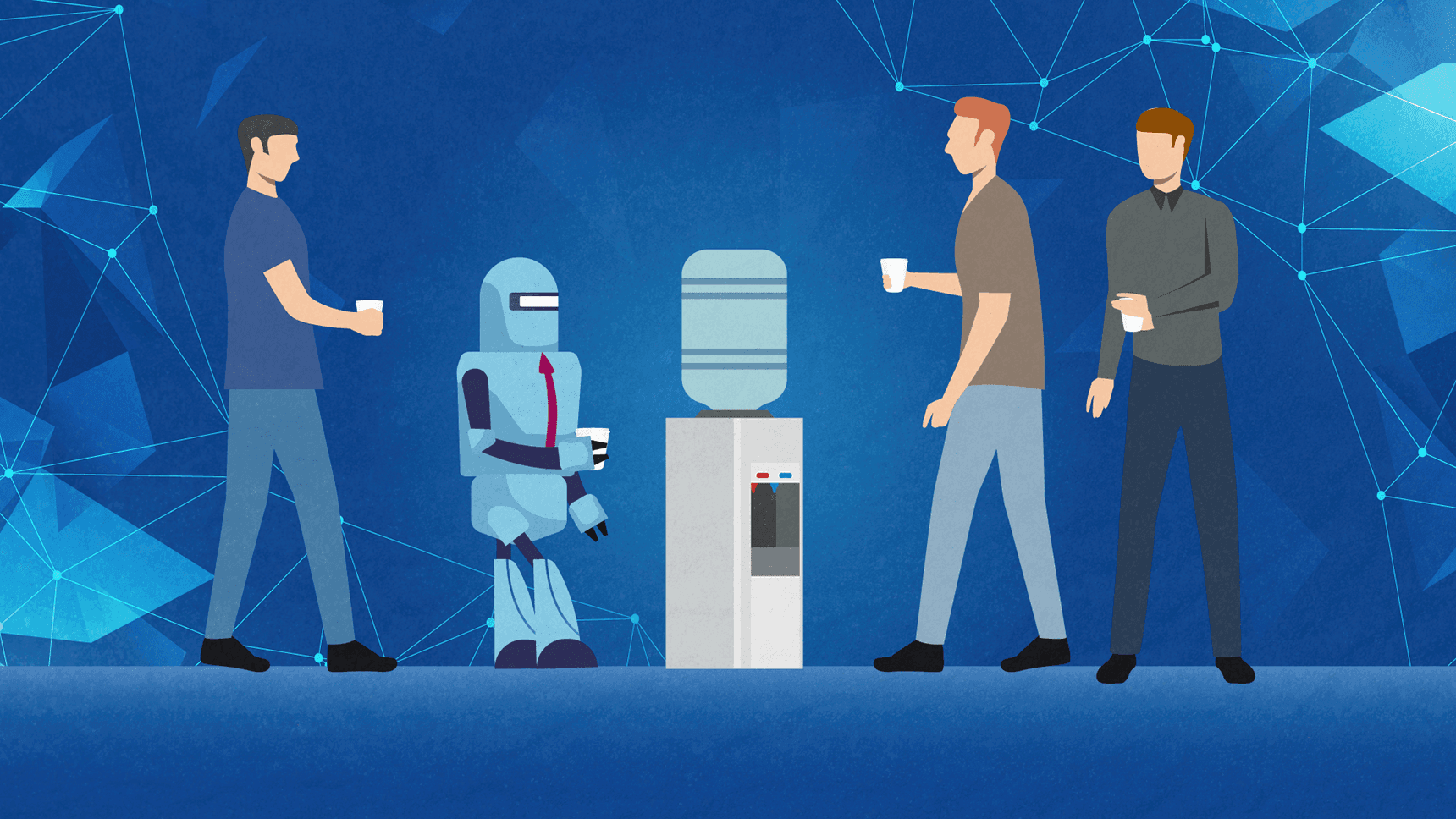Do Soft Skills Matter for Developers with Exquisite Technical Skills?

IT has become an extremely competitive field. Since knowledge has become easily accessible and everyone’s now familiar with the fact that people in this industry usually have great jobs with decent salaries - the majority of the younger population has developed a keen interest in a career in IT.
Every piece of content that at least brushes off the topic of becoming a successful developer talks primarily about technical skills. As a total newbie who’s just starting to learn about becoming a developer and how this industry operates, you’ll come across a lot of material online that is mostly focused around programming languages and technologies you’ll need to master in order to claim that great, high-paying job you desire.
Even though being up to date with the latest technologies is of crucial value in this business, it’s also important to bear in mind that becoming a developer involves a lot more than just writing code.
In addition to building up their technical skills, upcoming developers need to leverage soft skills and remain competitive. In this particular article, we at Share IT will discuss soft skills and how they shape your career as a developer.
What Are Soft Skills Exactly?
Before taking a deeper dive into this topic, let us first focus on the basics and explain what do we mean when we say soft skills.
Soft skills are hard to define and often quite hard to evaluate. To put it bluntly, soft skills are almost the same thing as people skills.
When IT companies say that they want someone with great soft skills, they usually mean that they are looking for candidates with personal traits that fuel effective collaboration with other people and lead to efficient completion of important tasks.
They need people with advanced communication and listening skills, who are also able to think differently and independently, adapt to new surroundings, effectively join their existing teams, collaborate, etc.
Why Are Soft Skills so Important?

Soft skills are not just valued in the IT sector. They are of great importance to any job that directly or indirectly includes working with people.
When it comes to IT, soft skills make all the difference.
Apart from writing code, developers also gather requirements for the software they are creating. Developers also design the overall architecture of the product, gather documentation, and work on other related software development processes. Developers work in a team with other people and coordinate various tasks that influence the end quality of the product they are creating.
Their ability to sync with other people and effectively communicate with everyone involved in the creation of a specific project is very important. Without at least some level of soft skills, it will be impossible for a certain individual to effectively become part of an existing team and work effectively with other people to get the job done.
How do Companies Identify Soft Skills?

It tends to vary from company to company, but usually recruiters or HR managers focus on how the candidate responds to questions.They are the ones responsible for taking notes about one person's ability to clearly articulate their thoughts. For instance, they pay attention to the following:
- How does he or she present himself or herself?
- Are there any signs that could suggest that a particular person could have an attitude problem?
- What got him or her interested in this job in the first place?
In a face-to-face interview, the HR manager or recruiter tries to get a picture of how a person might perform within a team. The interviewer pays attention to eye contact, facial expression, vocal tone, and body language. Does the candidate seem nervous? Annoyed? Comfortable? Open to talk or detached from the interview? Different subtle cues might give away the type of person the candidate is.
This is why a lot of behavioral questions usually get asked; for example - “Describe how you tackled issues on your last job?” or “What did you like about your last job and why have you decided to apply here?”.
The person's answer is meant to provide a better sense of how they think, whether or not they seek creative solutions to problems, or how they view their peers.
More and More Companies are Putting Extra Attention on Soft Skills
Regardless of the industry, you’ll see companies citing teamwork, effective communication, leadership, time management, and flexibility as the most important skills they’re looking for in a candidate.
According to studies conducted by the McKinsey Global Institute and West Monroe Partners from last year, soft skills are highly appreciated in the US market. A great number of participants said that soft skills are important for technology hires. Two-thirds said they have held back job offers from qualified technical applicants specifically because those candidates lacked soft skills.
HR recruiters in IT companies really care about finding talent, but they also care about a person being a good cultural fit for the company. Since technology is rapidly evolving, it’s not really wise for them to hire people just because they’ve shown potential to be, for instance, good Java developers. In such a landscape where new tech gets developed everyday and where attitude towards adapting to change is of crucial value, it’s only logical that recruiters have started giving weight in the interview process to such traits as good assertive communication, high emotional, social intelligence, etc.
Steve Jobs, like many other genius businessmen, said on numerous occasions that having great tech skills means nothing if they don’t come in a package with solid people skills. Whenever he hired new employees, Jobs always focused a lot more on the person’s passion towards a job over his or her experience. He was convinced that a passionate employee can manage themselves, understand the mission of his company, and work towards the set goal with more focus and drive.
Just like Jobs and Apple, Google is also focuses on soft skills far more than technical ones. The company did an in-house study a while ago where they interviewed their own employees to see what qualities they favor. Good coaching, communication, insightfulness, empathy, and critical thinking were at the top of their lists. Nobody listed anything related to tech skills.
The main reason why more and more companies focus on soft skills is because it's far easier teaching people tech than human skills. You can teach employees how to use a new piece of software or a coding language, while teaching them to become leaders and creative thinkers is almost impossible if they don’t have predispositions for such things.
Closing Words
Without great soft skills, great programmers cannot become great managers, and that creates a lot of issues for the company. Having someone who is unable to inspire people to work and pass on their knowledge, could significantly slow down the growth of your company.
If employees cannot work alongside each other, innovation stalls. Projects get delayed and unnecessary issues start to build up. Without proper project management or communication skills, employees are more likely to miss deadlines.
To sum it up, working on your soft skills has become equally important as working on your tech skills. Sure, IT companies look for people who are masters of their own craft, but they’re also looking for people who are able to jump right in and become a good fit with their existing team.
With increasing amounts of competition in a constantly evolving industry, soft skills are what allow certain developers to stand out.